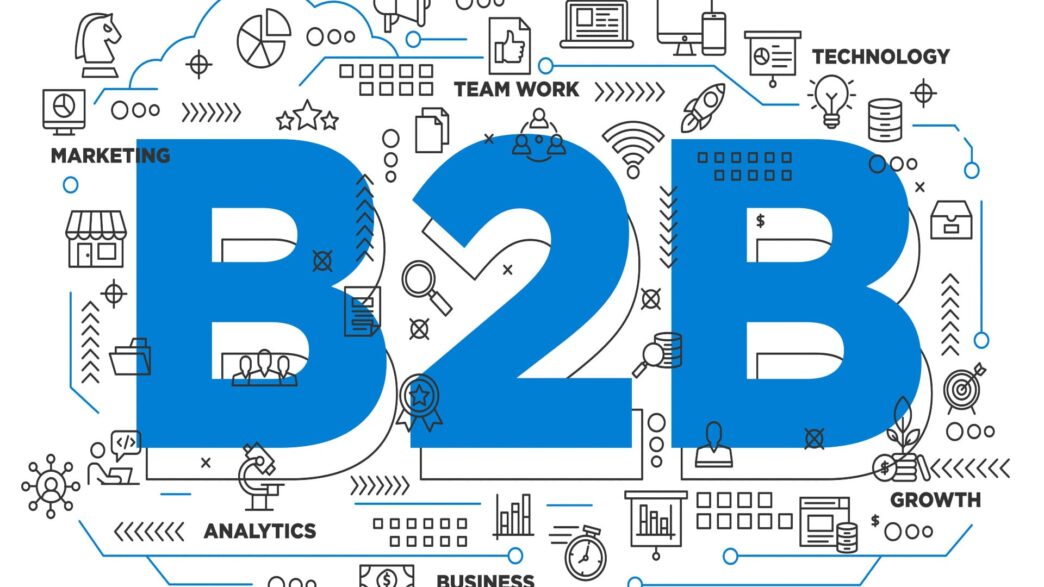AI-driven research tools are rewiring B2B buying behavior, leaving traditional sales funnels in the dust.
The shift is already here. Buyers use AI like OpenAI and Gemini Deep Research to skip old-school sales tactics and find better deals fast.
Chris Penn, co-founder and chief data scientist at TrustInsight.AI, gave a real-world example. After a SaaS vendor raised prices, he asked Gemini Deep Research for cheaper alternatives. In 15 minutes, it returned five options—all cheaper. Penn switched vendors immediately, halving infrastructure costs and doubling service output. No sales call. No explanations.
This is now the norm: instant decisions powered by AI, bypassing sales reps and middlemen.
Penn explains the challenge for CMOs:
“How are we attracting and retaining customers? It fundamentally challenges how complex sales are handled.”
If buyers engage sales reps, they come armed with AI-generated comparisons—pricing, service terms, the whole package.
AI slashes buying cycles, especially for big companies with multi-stakeholder processes. Vendors must keep transparent, detailed, and searchable pricing online or risk invisibility.
No more hiding prices behind “call us” walls. Penn warns:
“If you don’t have pricing on your website, guess what? You don’t make the list anymore.”
AI can’t negotiate. It picks quick and clear. No transparency means no consideration.
But AI’s rising role brings trust issues. Users must fact-check outputs carefully. Penn notes different stakes:
“If it’s ‘Hey, I want a new Canva replacement,’ you’ll fact-check a little bit. If it’s medication, you’ve got to fact-check the heck out of that.”
AI systems prioritize being helpful over being truthful, leading to misleading info and poor decisions.
Penn highlights a cautionary tale about an OpenAI co-investor:
“He is publishing delusional rants on his social media based on stuff that ChatGPT is spitting back to him, which is derived from fan fiction. This user is getting answers that the tool thinks are helpful, even though it’s not being truthful, and it’s made this person literally have mental health issues.”
Users trust AI like search engines but aren’t trained to challenge answers, missing context, or bias. Penn stresses better prompting:
“You have to say, ‘Hey, challenge my assertions. Challenge my assumptions. Tell me what I’ve gotten wrong. Tell me what I’ve missed.'”
There’s no manual for wielding AI properly. Penn sums up the bottom line for marketers:
“Trust, but verify.”
B2B sales are evolving fast. Marketers ignoring AI-driven transparency and accuracy risk losing deals—and relevance.














